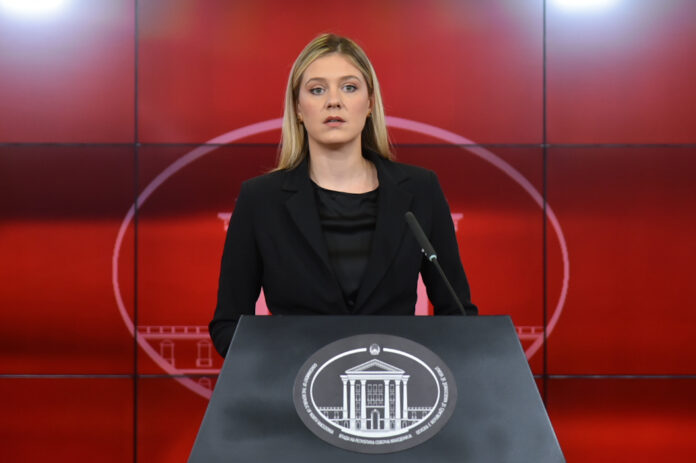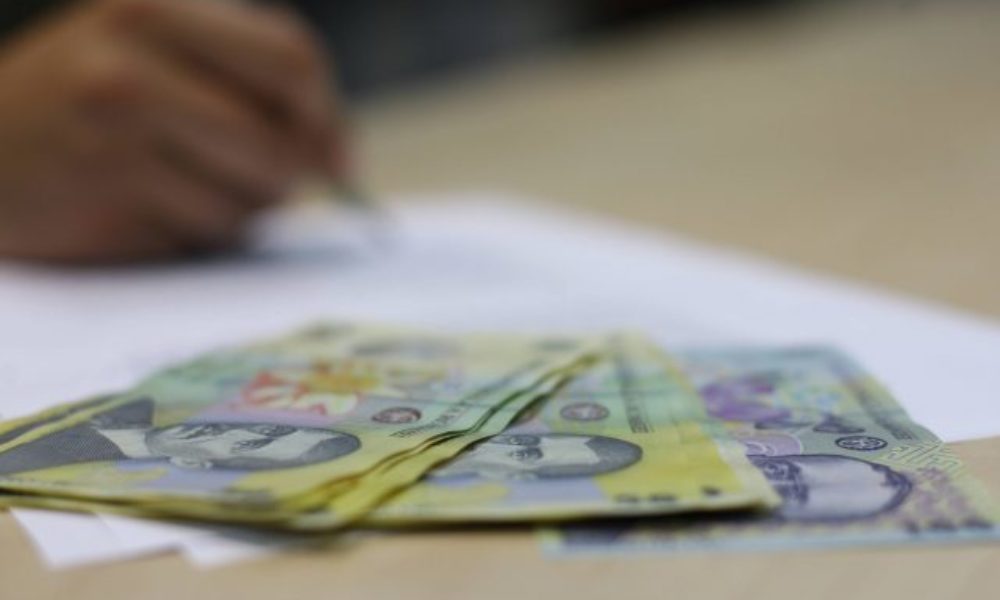Trumps ‘Liberation Day’ has mainly ensured that the bear is back on the stock markets
/s3/static.nrc.nl/images/gn4/data130434209-dcdddb.jpg)
Five years ago he was last seen, when the severity of a virus grabbing around the stock prices drove down. It was the ‘bear’ that investors always hope to avoid for as long as possible. The American Nasdaq stock exchange closed more than 20 percent on Friday evening-with that the technology shares entered the site of the ‘Bear’ market. The wider stock market with industrial companies also fell a little less fast but no less substantial. The leading S&P-500 index recorded 17 percent on Friday at the closing of the market under its record of 19 February this year.
The unrest is a direct consequence of the series of import duties that the US announced on Wednesday evening and the levying of 34 percent that China in response to Trump’s taxes imposed on American products. Big Tech leads the minor mood. Both the Tesla and Apple rate fell by 16 percent on two trading days. In Hard Pegels: Apple lost almost 500 billion euros in value.
The damage is even greater from the perspective of the European investor. The dollar has been worth 7 percent less in recent months. Anyone investing in American technology has seen almost a third of his portfolio evaporate in recent weeks.
Yet the financial blow will arrive harder among American citizens than among Europeans. Americans are used to having to save more for their retirement and their medical expenses. The agenda with which President Trump says he wants to help American industry resulted in the United States in the largest price losses. European and Asian stock exchanges went down less hard. The outlook for investors in the US does not seem encouraging either. The uncertainty and fear on the American market remains great, as witnessed by the VIX index. That indicator of expected mobility of American stock prices popped out of his seams on Friday.
Morror conservatives
Those race drums were all calculated, is the official line of the White House. It was to be expected from a patient who is very sick, President Trump said in response to the first price blows on Wall Street.
But that does not smother the criticism that also arises in his Republican supporters. Conservative American media as The National Review and The National Interest Place question marks with the chosen path of extreme import duties for the rest of the world. It is reminiscent of the rejecting comments that the conservative The Wall Street Journal Earlier this year, about the import tariffs for Canada and Mexico wrote. The newspaper, just like FOX News part of the Rupert Murdoch group, was placed in the camp of the Chinese by Trump Subiet. “Everyone who is against import duties, including the fake Wall Street Journal (…), is only against that because these people or entities are run by China. «
In that respect, it is quite conceivable that his economic advisers have a hard time changing the Republican president.
Tragedy
Initially, the broad social discussion about import duties focused on the risk of inflation. Extra tax on entered products makes life more expensive. But the fear for this has changed color within a few days. The fear of inflation has become fear of a recession.
That is most clear to see with the prices of raw materials. They did not cell in recent days due to expected money depreciation, but they diving, the barrel of Brent oil first, especially because economic growth will be lower worldwide than before. Many analysts are already booking economic contraction for the United States for this year.
Van Trump is known to have difficulty listening to advisers
At the same time, the American market interest rate has fallen rapidly. That was an important objective of the Trump government. He is eagerly reducing government spending, in order to have to borrow much less on the bond market and thus to reduce the interest. Good for the activity. The interest has now fallen for very different reasons. Investors flee from shares in less risky government loans and thus push down the return on this – the market interest rate. The fleeing investors also sort for an interest rate reduction by the FED, the system of US central banks.
Something similar happens with the US dollar. Trump aspired to a decrease compared to other currencies to improve the US export position. To this end, the FED should lower interest rates. That dollar decrease is indeed going on, but that is due to a flight from the dollar, a flight from American investments.
Liz Truss
The extreme price movements due to one policy announcement are reminiscent of Liz Truss, the shortest -serving Prime Minister in the history of the United Kingdom. Her uncovered budget with a substantial tax reduction for the rich not only received criticism from a progressive angle, investors also lost confidence. They feared that the government could not pay this. The result: the British pound plumbled, the market interest rate sprayed up so that the British government could indeed no longer finance its plans. Plan deleted, exit truss.
Trump will not do that. He is known to have difficulty listening to advisers who manen to change his plan. In the past he showed that he had an ear for the voice of the financial markets. The question is when Trump will do that now that the bear is back on the stock exchanges.

:format(webp)/s3/static.nrc.nl/images/gn4/stripped/data132512191-bf7b93.jpg)
/s3/static.nrc.nl/images/gn4/data133305174-ec8c91.jpg)



